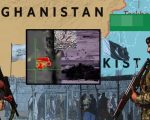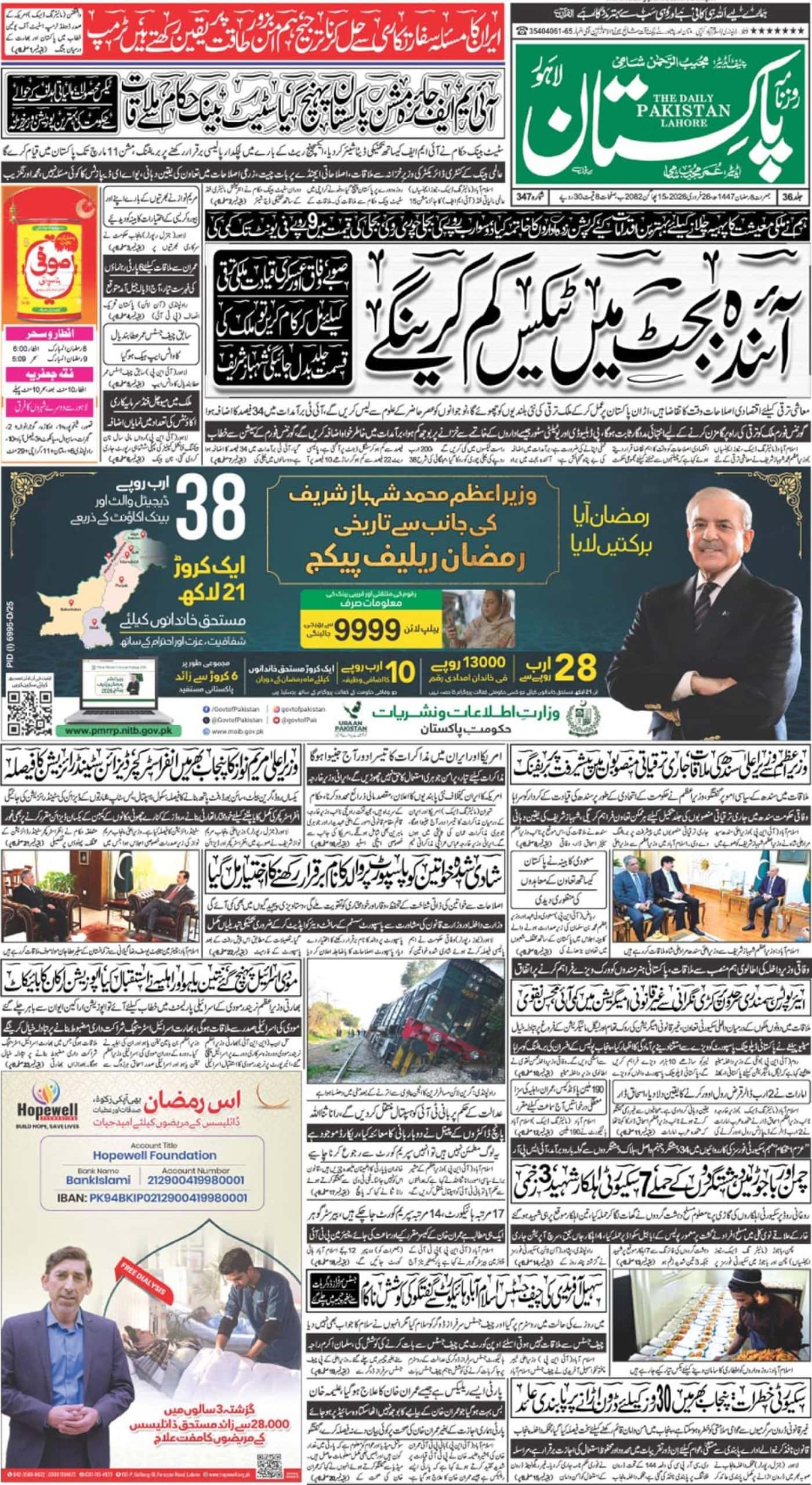LAHORE – Punjab Information Technology Board (PITB) has reached an agreement with the Food and Agriculture Organization of the United Nations (FAO) to develop the Pakistan Animal Identification and Traceability System (PAITS). The ceremony was held at National Agriculture Research Center (NARC).
The agreement was signed by PITB Director-General IT-Ops Faisal Yousaf and FAO’s representative in Pakistan, Florence Marie Rolle. FMD Management Specialist (FAO) Dr. Muhammad Afzal, Animal Husbandry Commissioner (MinNFS&R) Dr. Muhammad Akram and National Expert on Animal ID (FAO) Dr. Zahida Fatima, PITB Director IT-Ops Khurram Mushtaq along with PITB team were also present on the occasion.
Talking to the participants, PITB DG-IT Ops Faisal Yousaf said, “This reliable system will help in managing animal and farm identification, traceability, animal health information and performance recording data in Pakistan. Animal identification and traceability systems are increasingly being used to support livestock production, animal health, trade and veterinary public health in many countries of the world.”
Apprising the participants, FAO representative Florence Marie Rolle said, “The system will initially be used for cattle and buffaloes roll to be expanded later to include other species.” She further stated that identification of farm and individual animals are essential components in managing animal movement which helps in controlling and preventing the spread of animal diseases and access to trade in livestock and their products. Under the WTO SPS Agreement, international standards for the control of animal diseases and trade in livestock and their products have been established. One such requirement is a reliable system for animal identification for traceability.
The main benefits of the project also include improved food safety and quality control, value addition to the products, export, and certification, estimation of disease losses and management of veterinary service, disease prevention, and control, animal management, genetic improvement, prevention of livestock theft and better management of livestock in disasters.
It is pertinent to mention here that livestock contributes significantly to Pakistan’s agriculture with 11.2% of National Gross Domestic Product (GDP) and 60.5 % of agriculture value but it has not been fully utilized so far. It is observed that various animal identification systems include branding, tattooing, ear tags, and Radio Frequency Identification (RFID). Though, the use of identification type completely depends on the objective, frequency of reading, and available resources.














